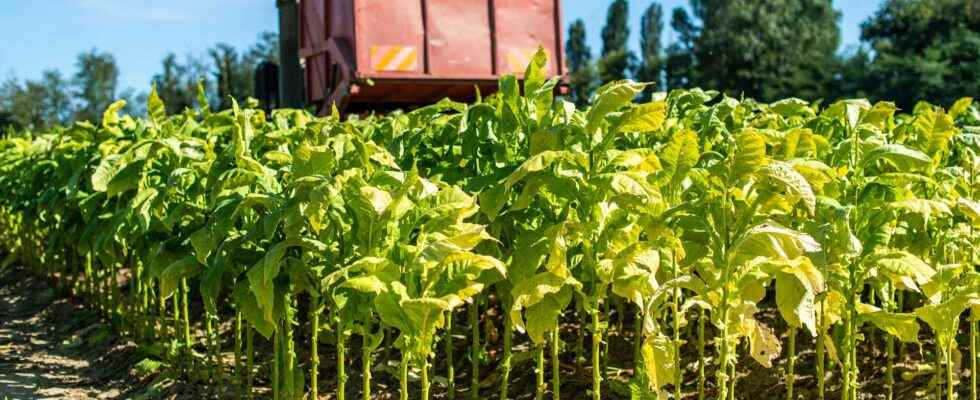How to convince the most refractory to get vaccinated? By offering vaccines using different messenger RNA technologies. After the Novavax vaccine, the Canadian company Medicago unveils the promising results of its plant-based vaccine.
On February 14, 2022, nearly 53 million people had a complete vaccination schedule in France. The adoption of vaccination pass increased the numbers slightly. A glass ceiling seems to have been reached. So how do you convince the most refractory to get vaccinated? There are several reasons to delay the vaccine. Among them, rejection of vaccines based on messenger RNA technology comes first. The Novavax vaccinesoon available in France and based on more traditional technologies, will perhaps make it possible to increase the vaccination coverage. More interestingly, in Canada, the results of a plant-based vaccine candidate have just been published.
The vaccine effectively prevents moderate to severe forms
This is a phase III, randomized, double-blind, controlled trial. placebo which was conducted in Argentina, Brazil, Canada, Mexico, Great Britain and the United States. The vaccination schedule included two intramuscular injections, 21 days apart. The primary endpoint was the prevention from symptoms of one SARS-CoV-2 infection. The samples could be sequenced. Those infected were mainly infected by the variant Delta (n=45.9%) or by the Gamma variant (n=43.4%).
A total of 24,141 people were included in the trial. Among them, 157 people were infected, 118 of whom were in the control group and 39 in the vaccinated group. The vaccine is therefore 71% effective in preventing symptomatic forms of Covid-19. Concerning the moderate to severe forms of the disease, 32 occurred in the control group against 8 in the vaccinated group. The efficacy against moderate to severe forms of the disease is 84.5% (excluding people who were positive at the start of the trial). Adverse effects were very rare and not serious.
How it works ?
The plant used is a cousin of tobacco, considered a weed. It has an excellent yield of protein production. The principle is the following. A bacterial vector, non-toxic for the plant, was injected with a plasmid containing the uncomfortable which codes for the Spike protein of the virus. The plant is then brought into contact with these bacteria : the cellular machinery of the plant will produce the Spike protein then expel it. All that remains is to retrieve it.
The file was submitted to Health Canada at the end of 2021 and could be approved in the coming weeks. In addition, this technology, which combines the traditional technique of viral particles and an innovative technique for producing them in a plant, can be transposed to other diseases.
Interested in what you just read?
